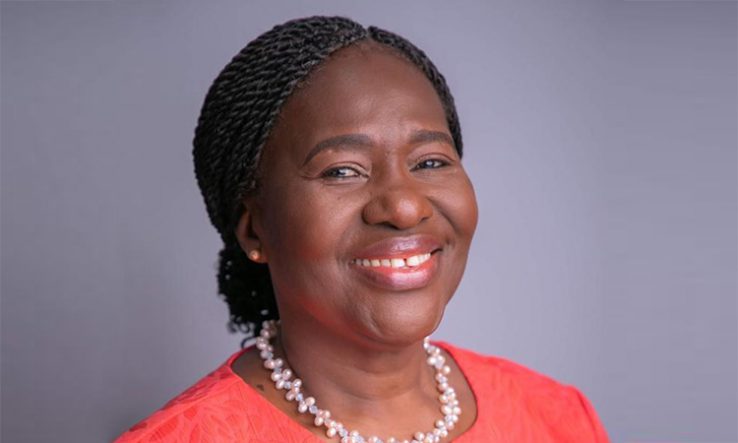
Peggy Oti-Boateng sees “excellent future” for the African research body
The new executive director of the troubled African Academy of Sciences has pledged to mend its fragmented membership and look to the future after two tumultuous years for the continental science body.
Peggy Oti-Boateng, who took up the post last month, said a vital part of this will be reconnecting with the body’s several hundred elected fellows after a series of bitter internal rows saw major backers pulling their money.
“If we can bring everybody together to recommit themselves to the academy there’s so much that we can do,” she told Research Professional News in an exclusive interview.
“I see an excellent future for the African Academy of Sciences.”
Turbulent past
Oti-Boateng, from Ghana, is a former science policy head of the United Nations Education, Scientific and Cultural Organization.
On 3 November, the AAS announced her appointment as the body’s first substantive executive director since Nelson Torto left the post in mid-2020, amid accusations of mismanagement. Torto has denied wrongdoing.
A year later, several international research funders diverted money they had been channelling through an AAS-hosted grant management platform, the Alliance for Accelerating Excellence in Science in Africa (Aesa), citing concerns about governance at the academy.
AAS governing council members have vehemently denied that the academy’s governance was at fault. Last week at the World Science Forum in Cape Town, South Africa, academy president Felix Dakora said he was not interested in mending the academy’s relationship with the funders who had withdrawn from Aesa.
“Maybe that will happen when I’m no longer the president. Personally, I’ve had enough of them,” he said.
Looking ahead
Last year’s turbulence has sparked divisions among AAS members. Some told Research Professional News they were unsure about the value of being a fellow and expressed concern about the future.
A lack of communication from the academy’s leadership is a key concern.
“For almost two years now, there has been no engagement,” said Catherine Kyobutungi, an AAS fellow and director of the Kenya-based African Population and Health Research Center.
“The longer this lack of seriousness goes on, the more irrelevant AAS will become in the bigger scheme of things,” she added.
Oti-Boateng said igniting the “brain power” of the academy’s fellows and young affiliates will be part of a strategy designed to strengthen its reach and impact.
“I think it’s a two-way thing. They have to be committed, but also we have to create the platform for them to be able to do what they want to do and do what they do best,” she said. “Then they should also own it, and be proud of it.”
